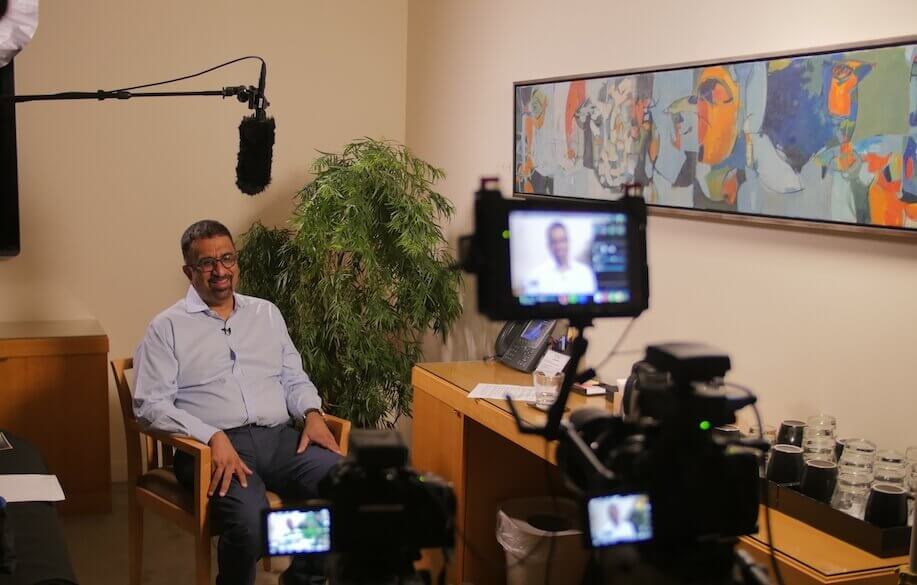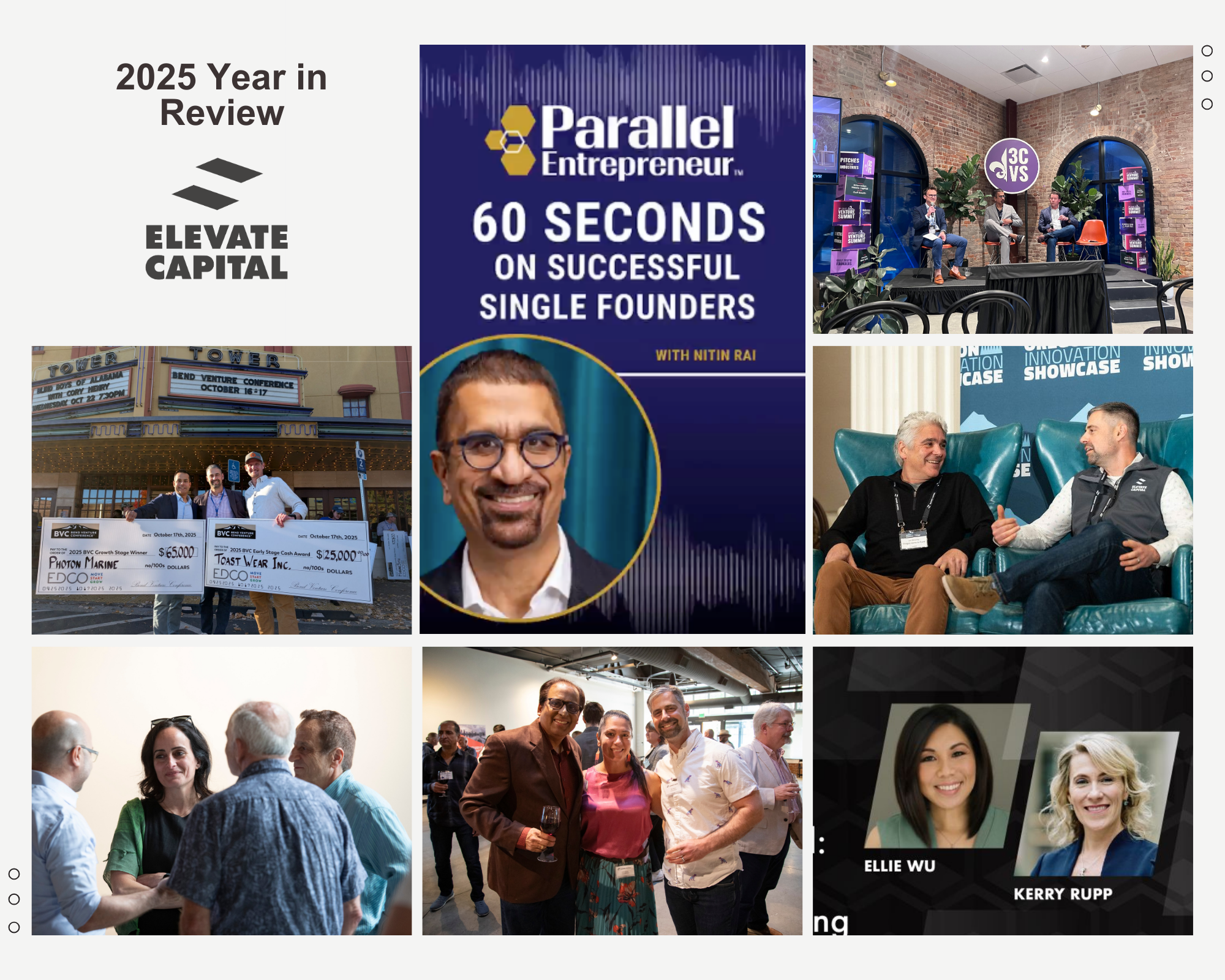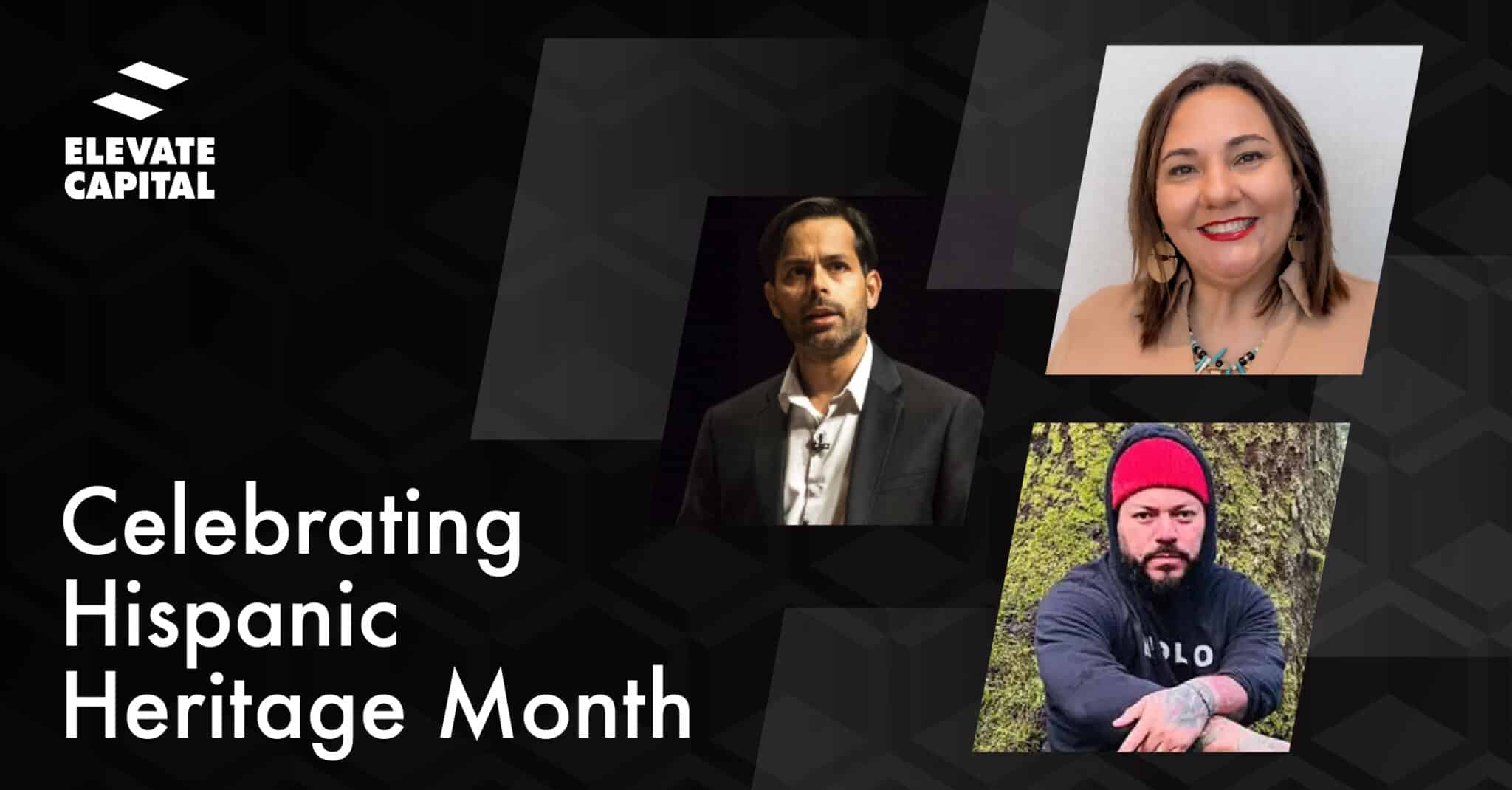What inspired you to start Elevate Capital?
I started Elevate Capital because I saw a market opportunity to invest in underserved entrepreneurs that are challenged with raising funding. These entrepreneurs include women, people of color, and people in rural regions.
The reality is that less than 4% of venture capital goes to women entrepreneurs, and less than 1% is awarded to African Americans, Latinos, and other minorities. I have yet to see a difference in the quality of ideas in the types of products that these entrepreneurs want to produce. Often, they’re just overlooked. I was overlooked too when I started my company First Insight 25 years ago.
I already had experience as an angel investor, so I started experimenting and investing to support and mentor underserved entrepreneurs in the Pacific Northwest. I felt it was time to do something and make change happen.
How did your childhood dream turn into this one?
I always wanted to be a doctor. I started out as a pre-med chemistry major, then discovered computer science and decided that’s what I wanted to do. I thought maybe, later on, I would go to med school—instead I ended up in Silicon Valley at a startup.
Why is it important to support underserved entrepreneurs?
In addition to women and minorities, many people living in rural regions have lost jobs and entire industries. A growing segment of these populations doesn’t have access to capital if they want to start their own businesses.
I think it’s so important for us as a nation—and even globally—to do our part. The divide between the wealthy and the poor continues to grow. At Elevate Capital we focus on underserved entrepreneurs, helping to create wealth and opportunities in rural communities and overlooked populations. We invest intentionally, support ideas, and make a positive impact.
Why do you focus on supporting startups in the Pacific Northwest?
Compared to other regions that have greater access to venture capital, the Pacific Northwest is an underserved region. Austin is similar in size to Portland, and there is much more venture capital going into that city.
The mission of Elevate Capital’s Inclusive Fund is to intentionally invest in women and minorities in the Portland metro area. It was largely driven by starting in our own backyard to build some success, which we have certainly achieved. Eventually, we’ll go national—and someday in the future, we’ll go global.
What factors are driving growth in the Portland business community?
Over the last 10 years as a founding charter member and then president of TiE Oregon, I have focused on developing the entrepreneur ecosystem through mentorship and investment. As a result of making seed investments, these companies are growing and thriving. Before they had to look for capital out-of-state, but now they can find it here in Oregon.
The other dimension is there are a lot of young people moving into the Portland metro area. They join organizations like TiE and quickly realize there is plenty of support available to them if they want to start a company.
Because Portland is a small city, access to resources is really fast. If somebody wants to take a meeting with a bunch of people, they can do that in three days. You won’t see that in New York or Silicon Valley, where it’s very hard to break into those networks. Portland is more open about offering connections to entrepreneurs.
Why did you become a VC?
I actually never wanted to be a venture capitalist. After raising money for my 25-year-old startup, I swore I would never raise capital again. Because I was doing well as an angel investor, people started encouraging me to start my own seed fund.
It doesn’t matter who you are—convincing someone to write a check is hard. One day I got inspired when I met this amazing woman, Rukaiyah Adams. A few years later she joined Meyer Memorial Trust as their chief investment officer, and I was there presenting for TiE. Rukaiyah pulled me aside and said: “I want to talk to you about your next career move.”
Eventually, that led to me becoming the fund manager they wanted to invest in. I just about fell off my chair, because nobody walks up to you and says they want to invest in your company. I hadn’t even started Elevate Capital yet. When there’s money on the table, you don’t walk away. I thought about it, came up with a vision for the fund, then I said “yes.”
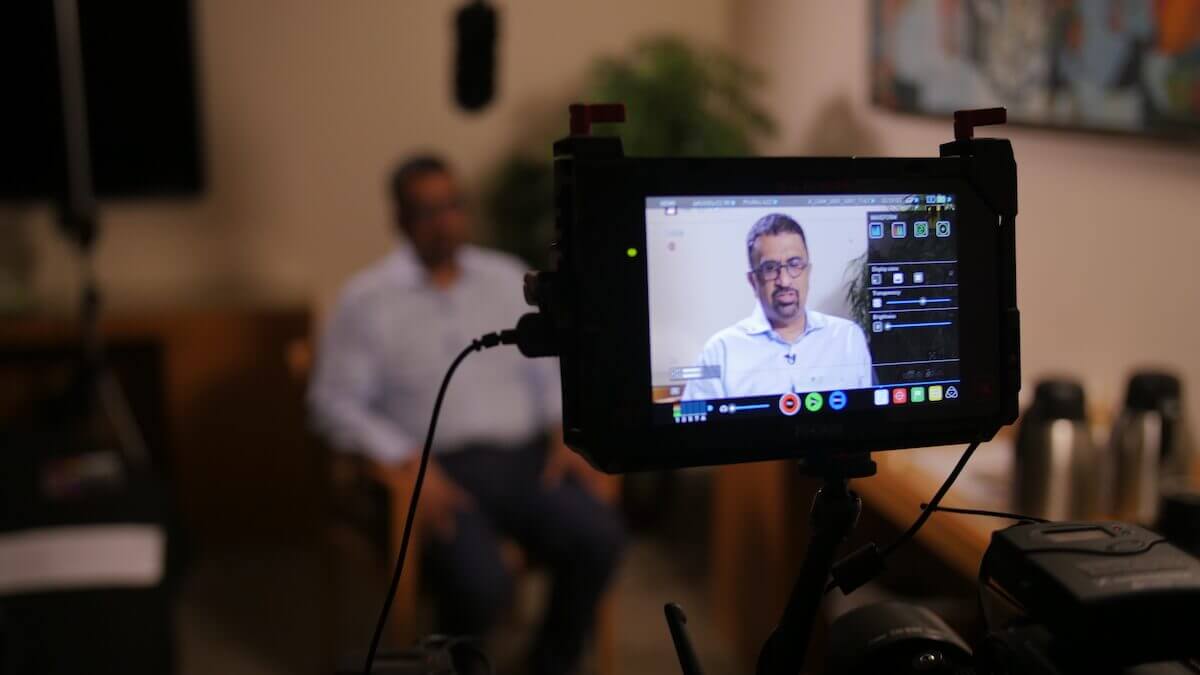
What is the most valuable thing you’ve learned as an investor?
It’s not really just about the money. Being an investor is about digging into somebody’s passion and supporting them throughout their entire journey as an entrepreneur.
Being an entrepreneur myself, and having done what I’ve done for the last 25 years, I kind of have this knack for spotting entrepreneurs that have the kind of passion, drive, and commitment it takes. Seeing them grow, thrive, and succeed is very gratifying.
How does Elevate help startups move past obstacles to achieve success?
At every stage there are tremendous obstacles for startups. The first obstacle is the idea—does the idea even work?
Raising money isn’t the biggest obstacle if you have skin in the game. Many aspiring entrepreneurs think that means investing money they don’t have, but skin in the game is about how much upfront work you have done to validate your idea. Who have you talked to? What research did you do before you built the product or prototype or MVP?
This is the biggest challenge entrepreneurs face when it’s time to raise money. Investors don’t invest when you don’t do your homework.
What obstacles have you faced when raising funds for Elevate Capital?
This is the hardest thing I’ve ever done in my life. Going to people and presenting the idea of investing in underserved entrepreneurs is very difficult. Investors told me I should invest in everybody, or that these entrepreneurs are high risk because they have no track record.
As soon as I got my first check for the Inclusive Fund, I started making investments and immediately saw a pipeline of underserved entrepreneurs. Today more than 70% of the founders of Elevate’s portfolio companies belong to the underserved populations we set out to support from the beginning—Women, African American, Latino, LGBTQ, Veterans, and other minorities. Of that total, 70% are women entrepreneurs and about half are African American and Latino entrepreneurs.
When I look somebody in the eye and tell them I have money for them, they just light up. It takes the weight away. I am always grateful for these moments when I can help someone begin their path to success. That’s why Elevate Capital is here.
What value do you provide to companies once you’ve made the investment?
The biggest value we provide is our own expertise. I’ve invested in over 50 startups by this point and I’ve seen a lot. I’ve gone through so many cycles as an entrepreneur myself, and these shared experiences are really valuable for others to hear.
We spend a fair amount of time coaching and mentoring our founders. In addition, we have a very successful group of investors in the fund, which includes a network of TiE Angels and TiE Charter Members. We also have an incredible ecosystem of mentors and resources we can connect our founders to.
When one of our companies decides to exit, that’s where we add more value. We provide constant, close-knit support to elevate them to their next round of funding. Our mentoring is all about making the entrepreneur and the company extremely successful, so they can provide great returns.
Tell us about Elevate’s role in helping RFPIO reach such a high level of success.
When RFPIO’s CEO, Ganesh Shankar, came to pitch at a TiE event in January of 2016, I immediately sensed his passion and drive. I hadn’t even launched Elevate yet, but in five minutes I knew I would invest in RFPIO. Together with TiE Oregon Angels, the Bend Venture Conference Fund, and Stephen Marsh we raised $1.5M for RFPIO’s seed round.
RFPIO really hit the nail on the head with product market fit. RFPIO is an RFP automation software built for people who respond to RFPs. Their technology makes a frustrating and inefficient process more positive and efficient. People who use the software absolutely love it, and the RFPIO team has been acquiring customers at a rate that is truly unprecedented.
Ganesh has all of the qualities of a successful entrepreneur. And, he was always receptive to our advice. So, it’s not surprising that Ganesh and his team would raise a $25 million round of Series A funding in just 18 months. This partnership marked a record-breaking return on investment for us at Elevate.
Why should aspiring entrepreneurs consider getting involved in TiE?
TiE stands for The Indus Entrepreneurs, but in Oregon, we call it The Inclusive Entrepreneurs. TiE started about 25 years ago by entrepreneurs who are of the Indian diaspora. Most of them came to the U.S. as graduate students, with a twenty dollar bill in their pockets.
They encountered the same challenges our founders (and myself) have faced. Indian engineers are great engineers, but they’re not really management material or entrepreneurs. They broke the glass ceiling, and were able to raise capital and achieve success.
These entrepreneurs wanted to give back and help the next generation entrepreneur, so they created TiE. Today TiE has over 60 chapters in over 20 countries. We started the Oregon chapter about 10 years ago, and I was one of the founding charter members and on the board.
We have invested beyond our community. As immigrants, we understand the challenges of creating a business but we have the entrepreneurial spirit to make it. What I love about the United States is that nobody gets a handout…you’ve got to work hard to make it.
Think of TiE as a nonprofit organization with an immigrant attitude that’s seeding this idea of entrepreneurship and invention. If you’re an entrepreneur—established or aspiring—this is the best organization to belong to. You’ll find people who are like you, who think like you, and who want to help you be successful.
What advice would you give to an aspiring entrepreneur in an elevator?
There are five things I would tell them for each floor: be persistent, be passionate, be humble, be receptive, be confident. One more thing…don’t be afraid.
